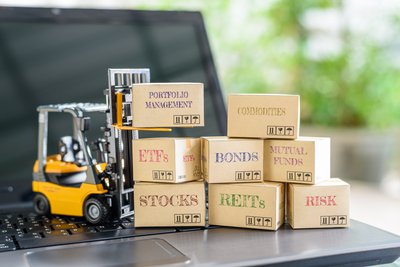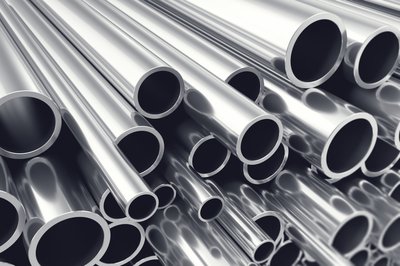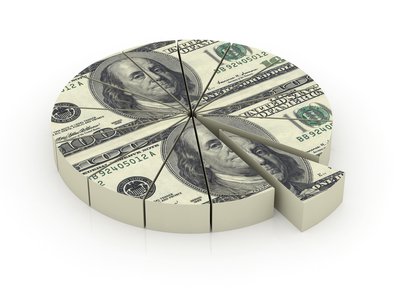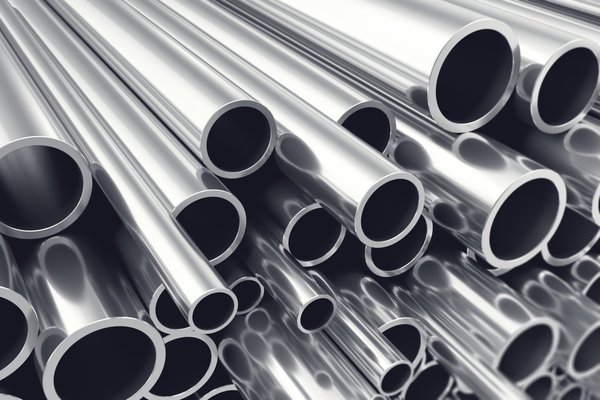There's no bigger investment for most people than buying a home. And, as any homebuyer knows, the expenses don't stop once you have the keys. Houses are in constant need of care and repair, including big-ticket projects such as replacing the roof.
New home construction is forecast to remain hot in the years to come, creating plenty of new demand for roofing materials. Even when homebuilders cool, there is a continued need for maintenance and replacement that makes roofing less cyclical than new construction.
Top roofing stocks
Here are some of the top companies with substantial exposure to the roofing industry:
| Company | Market Capitalization | Description |
|---|---|---|
| Owens Corning (NYSE:OC) | $9.9 billion | Manufacturer of roofing products and other construction materials. |
| Builders FirstSource (NYSE:BLDR) | $9.4 billion | Largest U.S. distributor of roofing and other building products and a manufacturer of windows and flooring. |
| Beacon Roofing Supply (NASDAQ:BECN) | $3.8 billion | Distributor of roofing materials and related products in the U.S. and Canada. |
| Home Depot (NYSE:HD) | $352.9 billion | Large home improvement retailer selling products, including roofing with a focus on contractors. |
| Tesla (NASDAQ:TSLA) | $703.2 billion | Electric vehicle and battery company with an interest in solar roofing. |
Data source: Yahoo! Finance. Data current as of Aug. 3, 2021.
1. Owens Corning
Owens Corning is perhaps best known for its insulation products and the Pink Panther mascot attached to those brands, but the company is also the largest North American roofing shingle manufacturer. Roofing is actually the largest of Owens Corning's three segments in terms of profit generation (composite materials being the third), and its highest-margin business.
This is a slow but steady type of investment. Revenue has grown by 30% during the past 10 years, but Owens Corning has used a combination of share buybacks and cash management to nearly double its enterprise value during that time. And, while roofing is likely to remain more of a steady business than a fast grower, there is potential for outsized results from the company's fiberglass business as Owens Corning expands its expertise in 3D printing and other specialty materials.
2. Builders FirstSource
Someone’s got to get the roofing materials to the contractors who install it. For many of those contractors, companies such as Builders FirstSource are an important part of the distribution chain.
Roofers tend to be small, independent contractors who don’t have the heft to negotiate bulk discounts with a big manufacturer such as Owens Corning. These distributors fill that gap.
Builders FirstSource is a diversified construction supplier. The company has a manufacturing operation that makes windows, flooring, and other products used in construction, in addition to the roofing shingles and other products it distributes.
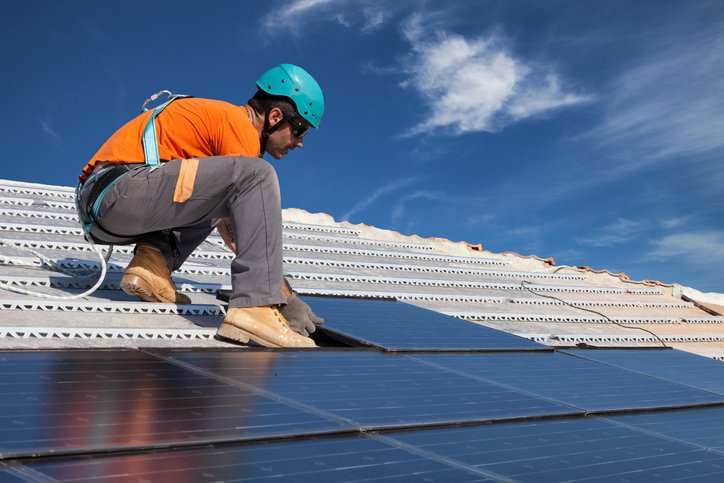
3. Beacon Roofing
Beacon Roofing, similar to Builders FirstSource, is a distributor of construction materials to job sites. Beacon is smaller than Builders FirstSource and lacks the manufacturing assets. But it is also a better choice for investors specifically focused on roofing since most of its business is distributing roofing materials and complementary products.
Beacon Roofing also has a large Canadian operation, providing added diversification.
4. Home Depot
Home Depot and Lowe’s (NYSE:LOW) perform distribution roles similar to Builders FirstSource and Beacon Roofing, and they do a whole lot more. The companies are best known for dealing with consumers, but for both retailers, contractors are a big and growing part of the business.
Home Depot has been the favorite among contractors over the years. In 2020, it bought back one-time subsidiary HD Supply to bolster its business with construction and renovation professionals. After years of focusing on the consumer, Lowe’s has recently stepped up its pursuit of contractor business.
5. Tesla
Tesla is an electric vehicle maker first and an energy storage company second, but the company is very interested in one day doing to incumbent roofing companies what it has already done to legacy automakers.
Tesla acquired a solar roof design as part of its 2016 purchase of SolarCity. The hope is to one day mass-produce special roofing shingles that double as solar panels, both protecting the house of the future from the elements and using those same elements to power the appliances inside.
It’s still early days, and roofing makes up only a small sliver of Tesla's overall business. But for those who are interested in electric vehicles and have a long time horizon, Tesla's roofing project is one to watch.
Are roofing stocks right for you?
One thing all of these choices offer is diversity. Although there are few, if any, public pure-play roofing companies, investors have a lot of different ways to win if they buy into companies that dabble in roofing.
Construction tends to be a cyclical industry, but with roofing products needed both for new construction and for roofing replacements throughout the business cycle, the roofing subsector tends to be less cyclical than the broader industry.
Given the demographic trends pushing demand for housing and the constant replacement cycle on roofs, these roofing businesses can provide a reliable source of income to fuel other parts of the business, helping the stocks to grow over time.
These roofing businesses, like the products they sell, can help keep our portfolios safe from the unexpected.







